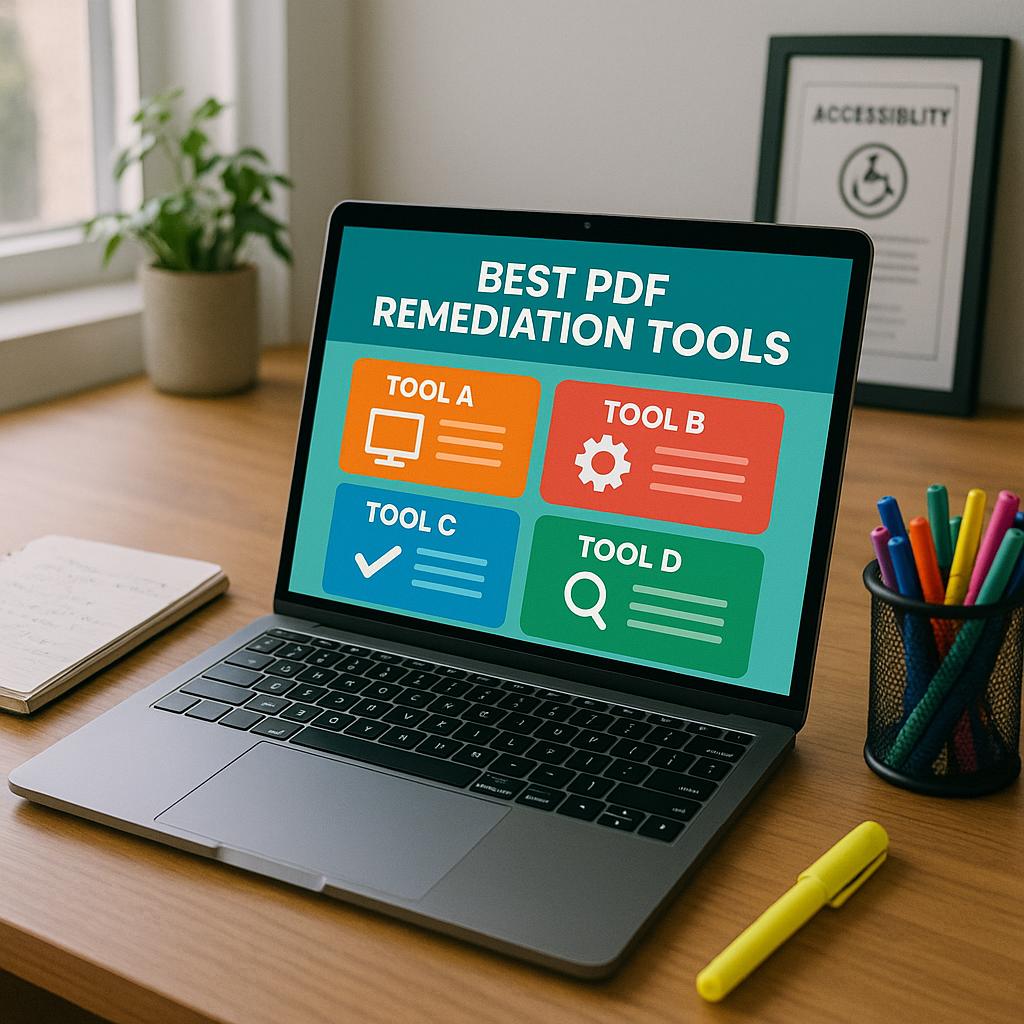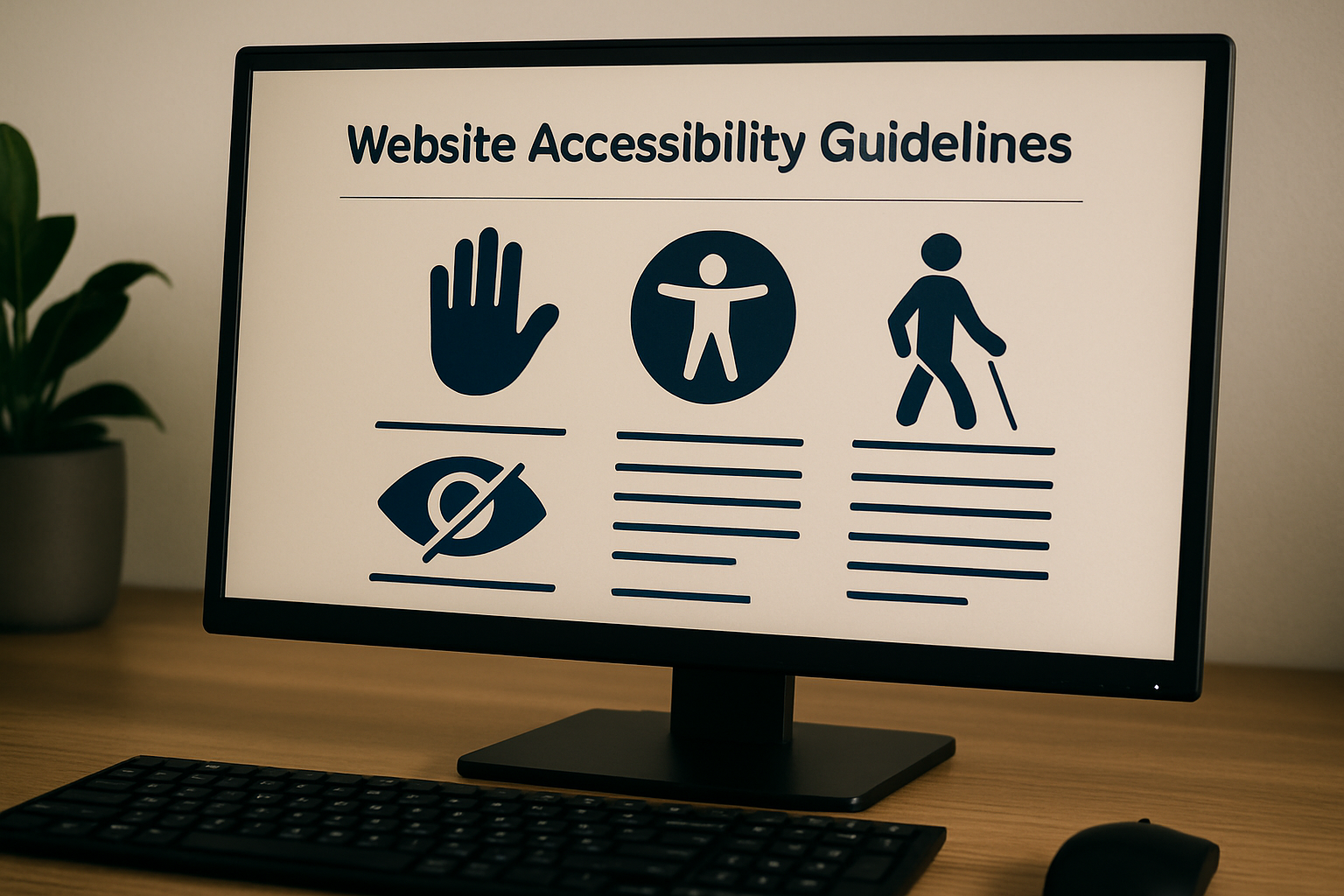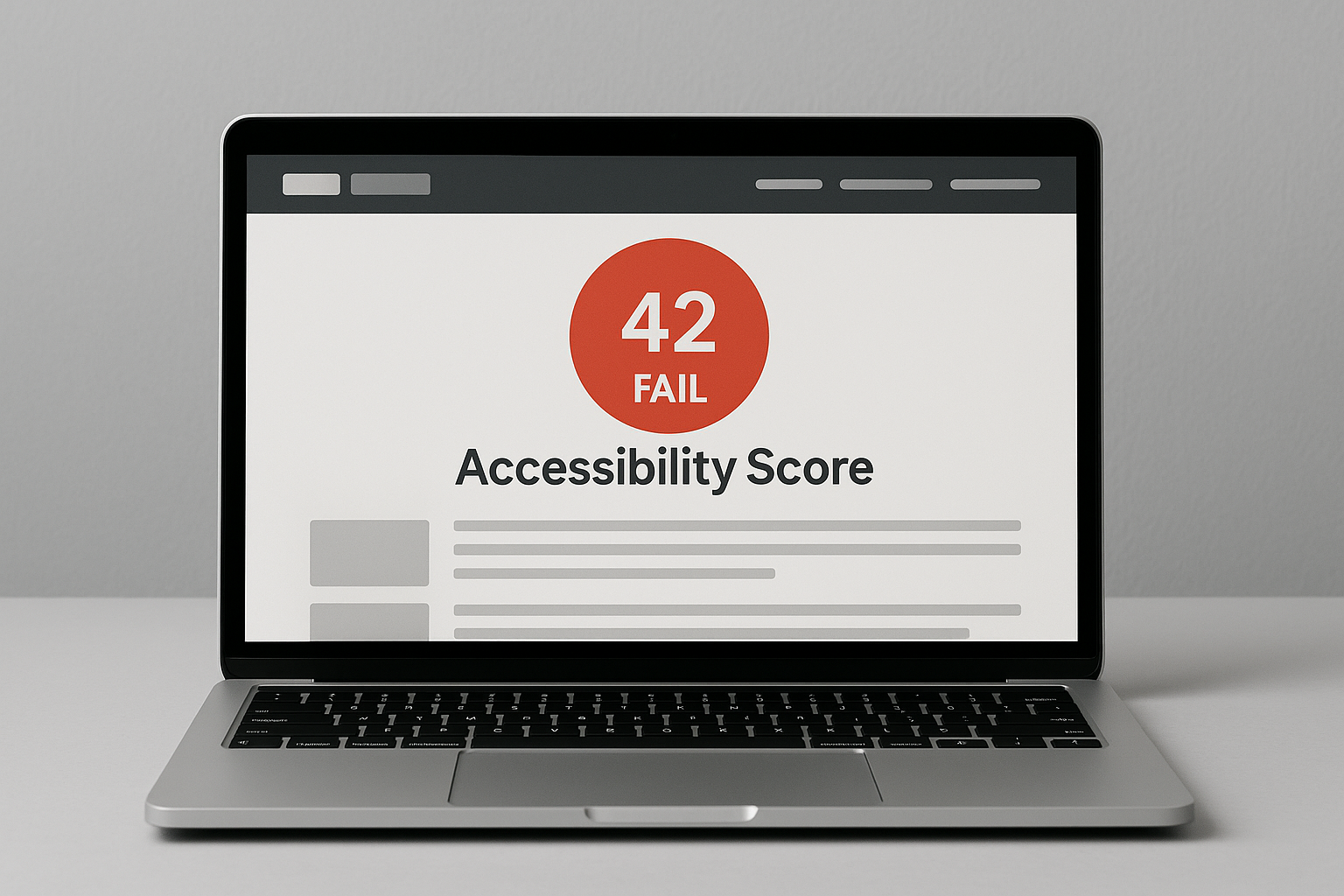Welcome to the Streamline Blog + News
Best PDF Remediation Tools: What to Use (and Why) for Accessible PDFs
Ensuring your PDFs are accessible isn’t just about checking a compliance box—it’s about making your content usable for everyone. Whether you're part of a government agency, school..
How to Remediate a PDF: A Step-by-Step Guide
Ensuring your PDFs are accessible not only broadens your audience but also helps you meet legal and organizational compliance standards. Remediating a PDF means making it usable..
ADA Compliance Deadlines Are Coming: What to Know About the DOJ Ruling
Digital accessibility is about more than just meeting legal standards—it’s about ensuring everyone in your community has equal access to public information and services. For local..
Website Compliance: What Local Governments Need to Know in 2025
Between federal ADA requirements, state open meetings acts, state-specific transparency laws, WCAG standards, and the recent Department of Justice (DOJ) ruling, local governments..
Be Careful What You Widget For: Evaluating Website ADA Compliance and Avoiding Lawsuits
Website accessibility is no longer just a best practice—it’s a legal requirement. Many special districts are finding themselves caught in unexpected and costly ADA compliance..
5 Things Special Districts Need to Know About the Latest DOJ Ruling
The Department of Justice has issued new website accessibility guidelines that will significantly impact special districts nationwide. Here are the 5 biggest takeaways:
Website accessibility for special districts: What is the risk, really?
By the end of 2023, more than 10% of districts were affected by a website ADA claim. This rapid increase is startling, and we want to help you stay informed and prepared for any..
What to do if you know you have accessibility issues with your website
So, you’ve tested your site for WCAG 2.1 AA compliance, and while you’re well on your way, you still have some areas of your site that aren’t quite up to modern standards. Perhaps..
Senate's proposed SB 931 places undue burden on California special districts
California legislators are pushing for additional transparency requirements for local government agencies. Their latest bid, Senate Bill 931, will require our districts to provide..
Using Chrome Lighthouse to test your site for accessibility
Creating websites that are accessible to visitors with disabilities can be challenging, especially for developers building one-off / standalone sites. Most websites that were..








